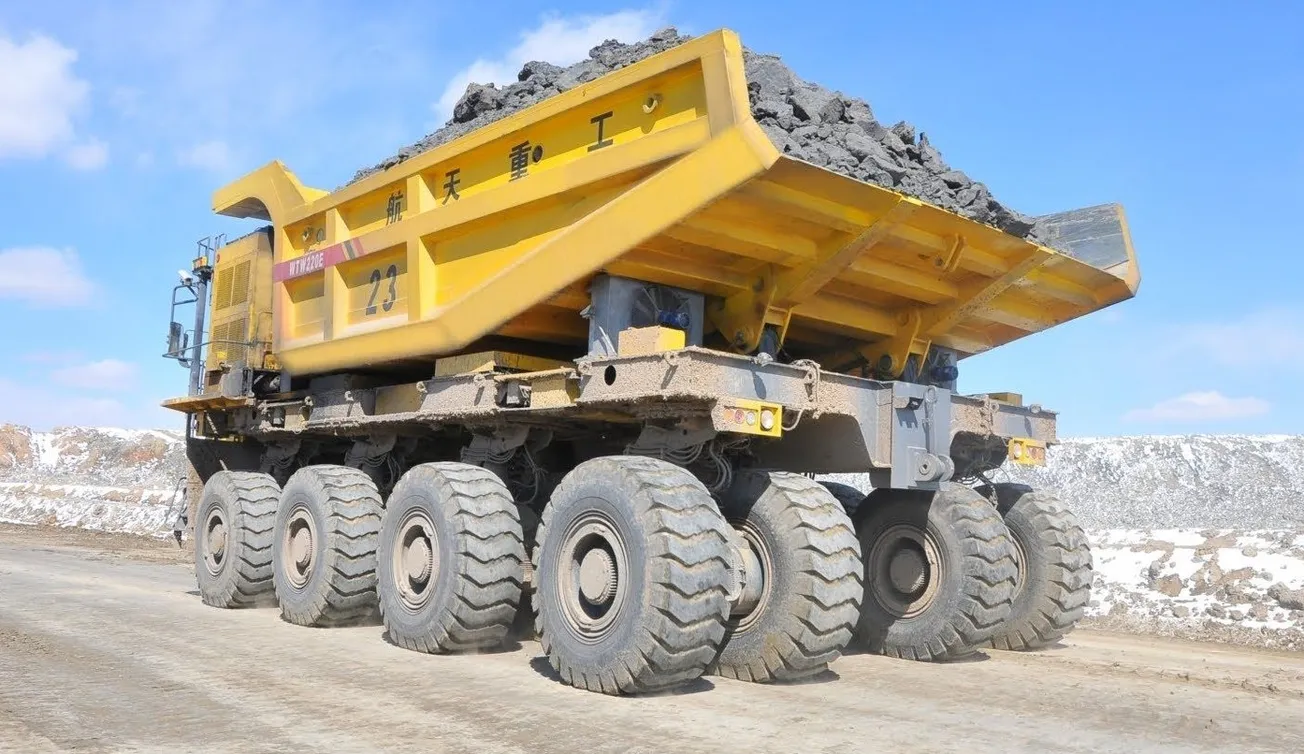Table of Contents
In 2017 Jacinda Ardern promised to ban mining on DOC land and now it seems that this is back on the table as it has been ‘rubber stamped’ by the cabinet. Banning things is the one thing the Labour Government can claim they deliver.
Currently, 0.04% of DOC land is being mined. This must be carried out in such a way that minimises any negative effect on the environment and heritage values. Mining companies are required to reinstate the mined area as much as possible, and must pay a bond, which is regularly updated, to cover this. For example, OceanaGold’s Macraes mine has a current restoration bond of $54m.
We are electrifying our economy; that requires a significant change in how we generate and store energy.
Electric vehicles require more mining for raw materials than conventional vehicles. For instance, creating one EV battery requires mining 250 tonnes of rock to secure the minerals needed. The energy used leaves a carbon debt equal to emitting between eight and 20 tonnes of CO2. That debt is likely to grow because mineral ore grades are decreasing, so more rock has to be mined and processed, which means using more energy.
The price of lithium has risen significantly due to the growing demand for EVs and energy storage systems, which use lithium-ion batteries. This has created concerns over the long-term sustainability of lithium. Ironically there is a deposit of lithium on the West Coast that will be almost impossible to access if the ban on mining of conservation land goes through.
Rare earth elements (REE) are essential in the production of magnets, which are critical components in the generators of wind turbines. These magnets need to be strong and lightweight, properties that are achieved through the use of REEs.
REEs are difficult to extract from the Earth’s crust due to the fact that they are dispersed and not often found in concentrated deposits. Their extraction requires specialised methods, which contribute to their scarcity and high cost.
Additionally, limited production from a few countries and increasing demand have also put pressure on supply. Westland Mineral Sands are mining REEs at Cape Foulwind near Westport, and more opportunities could be exploited here – that is, if the REEs are not located within the DOC estate.
Government policies that are ill thought out and contradictory would be more at home in student politics, where sweeping statements are expected with little or no consideration of the wider consequences.
Governments do not have this luxury: all decisions have risks and consequences such as environmental effects that have to be balanced against social and financial benefits.
The global average time it takes to open a mine is 16 years, which is a significant impediment to reaching our climate and electrification ambitions.
We must take this into consideration before we make the situation worse and put our climate ambitions at risk.









